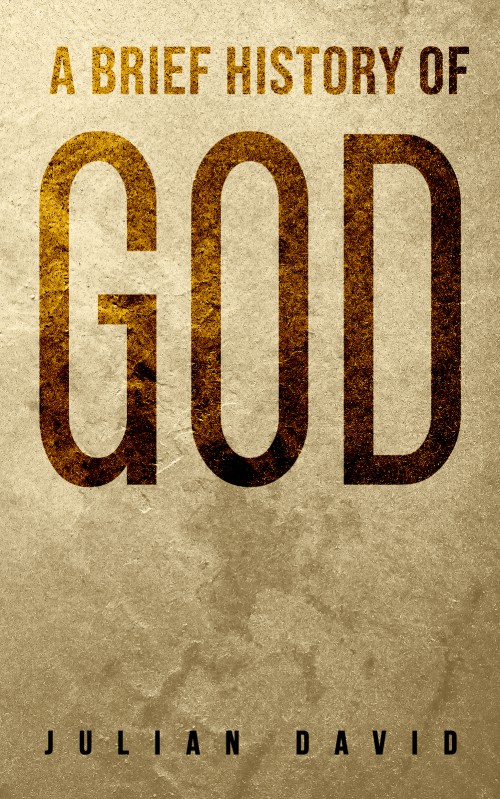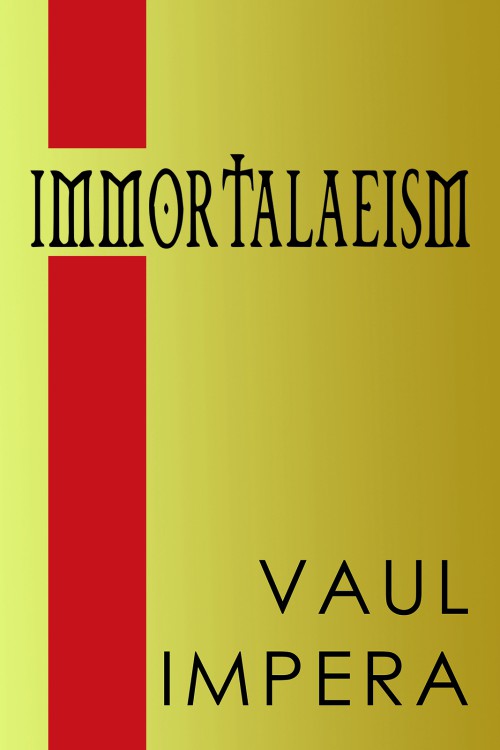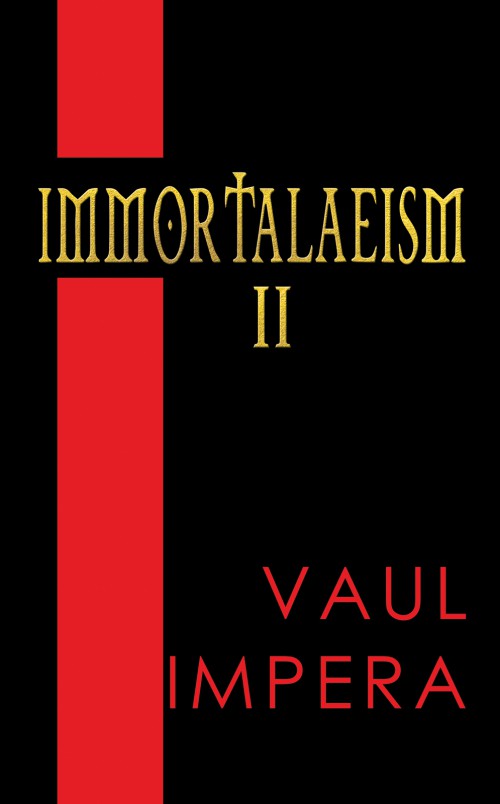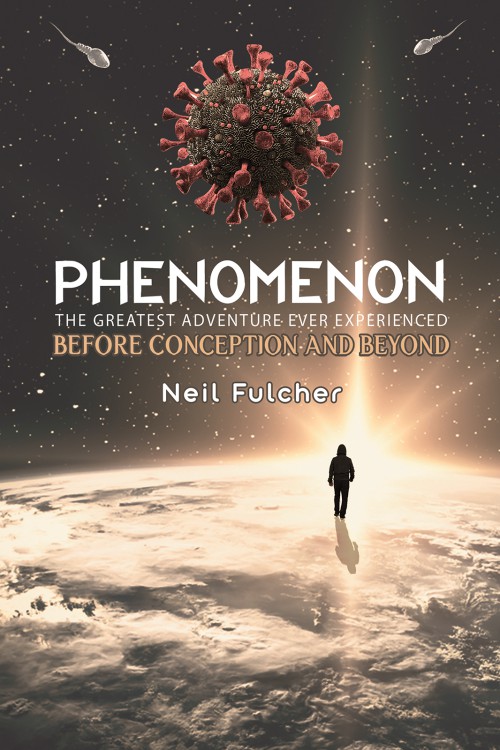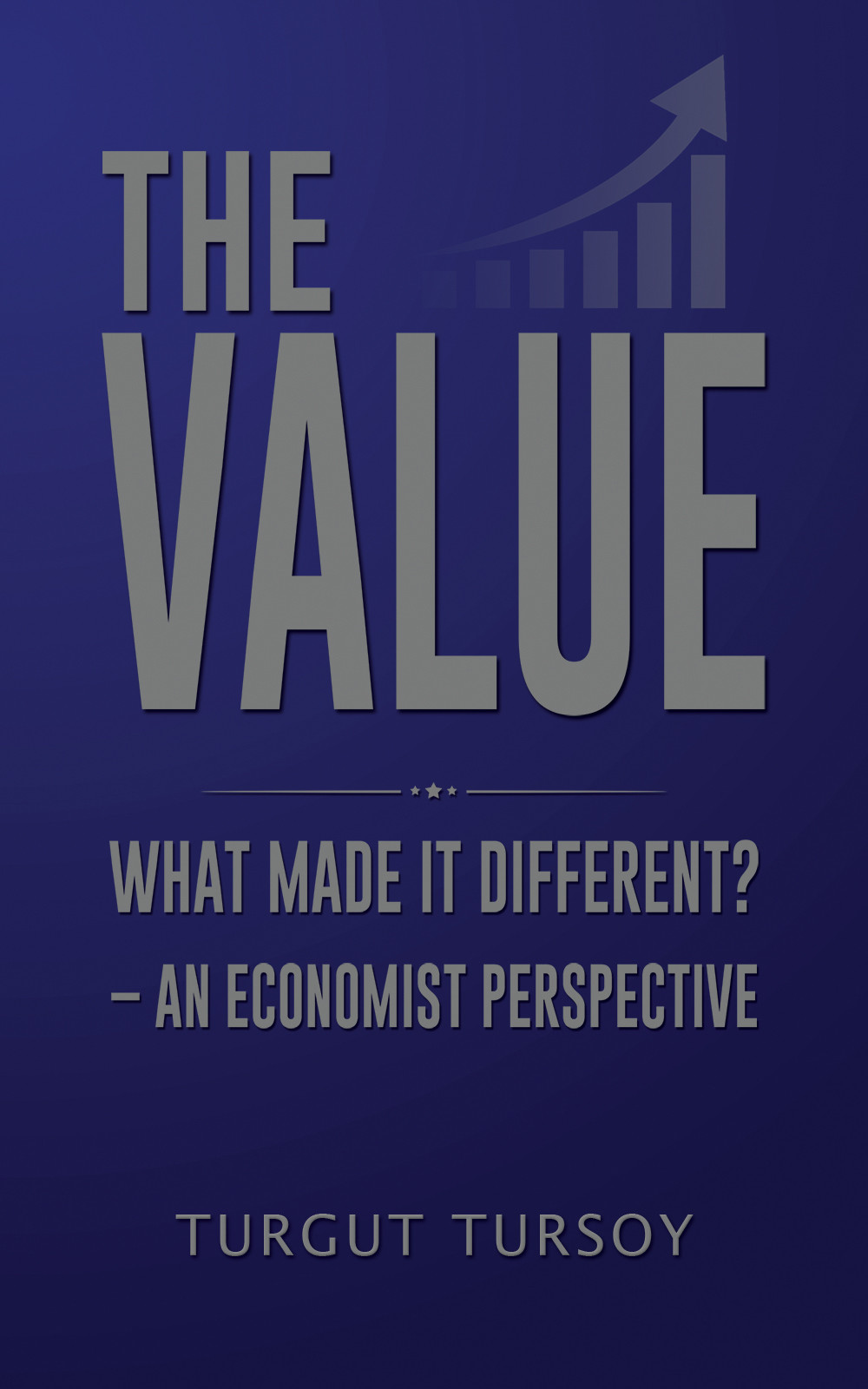-
A Brief History of God
Underlying the writing of this book is the great gap left in our society by the slow and lingering death of God the Father Almighty. What shall we do now that we are orphans in this world? What can we do with all those wonderful Gothic buildings, now that the spirit has gone out of them? The full magnitude of the change stupefies the mind. Yet there is also an enormous liberation, for a patriarchal culture is so unnatural that it does real structural damage to the psyches of those who grow up in it. That fathers should, right into the twentieth century, own their children and mothers have no rights to them, was the legacy of the One God. That women could not keep their own money—their husbands owned it and have done so throughout our history—came from the same place. We are a crippled culture, facing now our own extinction, and only beginning to find our potential to deal with it.And though God is indeed dead, as Nietzsche told us a little while ago, the mystery that things exist—that anything exists at all, let alone this world with all its beauty and its depths—surrounds us with greater force than the presence of that God permitted; and it is Einstein, the scientist, who points us towards it:“The most beautiful thing we can experience is the mysterious. It is the source of all true art and science. He to whom the emotion is a stranger, who can no longer pause to wonder and stand wrapped in awe, is as good as dead—his eyes are closed. The insight into the mystery of life, coupled though it be with fear, has also given rise to religion. To know what is impenetrable to us really exists, manifesting itself as the highest wisdom and the most radiant beauty, which our dull faculties can comprehend only in their most primitive forms—this knowledge, this feeling is at the centre of true religiousness.”– Albert Einstein, Living Philosophies
£8.99 -
Immortalaeism
Vaul Impera investigates the fundamental philosophical aspects of power, demonstrating fundamental aspects of the relationship of power itself, and the relationship of power to human nature. Examining what power is, Vaul proceeds to discuss what power is to people, and in a convincing argument, illustrates how to increase in power, and also to determine if one is powerful. In the second writing of Immortalaeism, Vaul illuminates the philosophy of empire. Concerned with the element of rulership, which was discussed in power, Vaul provides a beginning for the philosophy of empire, which he simply uses as an empirical demonstration of power, indicating it is written to be an appendix, demonstrating power in organisation. Lastly, Vaul relates a spiritual book called Immortalae, which was produced through a spiritual endeavour that lasted thirteen years, from the time Vaul was eighteen. Attempting many religions experiences and philosophies, Vaul communicates his spirituality, which he has founded and established as his own religion, which in eventuality, includes all three written works into a paradigm that Vaul labels, Immortalaeism. Vaul provides spiritual answers that surround the notion of the holy grail in the final book. All three writings are transmitted through his personal experience on the subjects, and are a product of his life circumstances.
£9.99 -
Immortalaeism II
Immortalaeism II provides a book of application for power itself, and it also provides a book of application to the notions of eternal life and immortality. By crowning the series this far with a second book of Immortalae, which is the treatise of heroism, Vaul Impera provides a personal reality, where all of his philosophy and spiritualism may be applied; the idea of immortality itself. Combining the skill of power itself, given by a series of visions with the knowledge of immortality, Vaul pours this series together into the mould of an immortal man, as constant in the Universe as time, or justice. He foretells of the immortal man, a creation of the spiritual-philosophy he has written, Immortalaeism.
£9.99 -
Phenomenon – The Greatest Adventure Ever Experienced
From the very dawn of time when humanity started to explore our blue planet there has also always been a compulsion to find our true origins – body, soul and spirit. In this modern age we accept that those origins came from a sun-drenched primordial pool full of organic sea sludge. If you travelled back in time 90,000 years and spoke to cave people from Africa to Australia drawing on their walls and showed them the sea sludge we had once come from, they would hardly be able to stop laughing before they clubbed some sense into you. Because they know; they feel; they sense not affiliation with sea sludge but with a powerful force, that we are not alone. That search to find them… who watch you from unseen dimensions is just as powerful today as it was in people thousands of years ago. Many people make contact with them… in pre-birth experiences as do in post-death experiences. Real demons that travel from the underworld of Hades to visit you and real angels who travel from the Kingdom of Heaven to protect you; but why? What do you have that they want? Hidden deep in ancient biblical scrolls are the coded instructions on how to actually visit these other dimensional worlds. Your body is the container that takes your consciousness physically anywhere you choose to go on earth. Your soul is the lost container that can take your consciousness spiritually anywhere in infinity and beyond. Travel with me to a place outside your physical self on the greatest adventure you will ever experience. This book is about you; the person you are now with, the life you have today. This book uses your very own name as you read its pages, you are the main character. It also enables you to leave the life you have now and travel deep into other dimensional worlds, where survival is not about weapons but about knowledge of who you really are and where you really came from.
£13.99 -
The Value
Every step in life presents an opportunity to reflect on the past journey. Having worked on diverse issues over many years, I now cherish the progress made towards envisioned goals.
Admission into an institution aligned with one’s core purpose and vision is a proud milestone. As I look back, I am reminded that the seeds we once planted with history as our guide now blossom as illuminating milestones.
£6.99 -
The Tale of a Dream
In The Tale of a Dream, an octogenarian author embarks on a reflective expedition through the archives of her mind. With a quest to understand how events, people, and experiences have moulded her life, she aims to unearth universal truths and a sense of purpose. What begins as a straightforward analytical endeavour transforms into a fascinating odyssey where patterns and connections manifest with surprising ease, as if the puzzle pieces of her life were falling into place on their own.Seemingly without effort, her fragmented thoughts coalesce into a coherent philosophy that she terms ‘Taoist-Existentialism.’ This innovative approach harmonizes natural wisdom with intellectual insights, and fuses the primal elements of nature with the complex algorithms of technology, illuminating the untapped potential within evolving humanity.Guided solely by the currents of her thoughts and absent any preconceived notions, the author delves into life’s multifaceted questions. While many queries find answers, the eternal ‘why?’ remains intriguingly elusive, as it has for philosophers and thinkers throughout history.The Tale of a Dream invites you to explore the landscape of human experience, asking you to reconsider what you thought you knew while urging you to ponder what you have yet to discover.
£7.99 -
Are There Any Moral Truths?
We live in crisis-ridden times. Civilization is repeatedly ravaged by diseases, recessions, wars, and international terror, while global climate change and the existence of nuclear weapons could soon put an end to humanity. What are we to do? Serious problems like these raise many moral questions, but people often disagree, sometimes vehemently, about the answers.
Moral disagreements pose a fundamental question: Could some moral opinions be better than others? Are there any moral truths at all, or is right and wrong merely a matter of perspective, depending on the eye of the beholder? Perhaps moral beliefs are nothing but a kind of superstition, like beliefs about vampires or Greek gods and goddesses?
In this refreshingly unorthodox introduction, Danish philosopher Thomas Østergaard deals with these questions in a novel way. Written as a philosophical dialogue, the book makes the various positions come alive through four people’s interchange of ideas and arguments, continuously interspersed with everyday examples as well as intriguing thought experiments. As a witness to this debate, the reader is invited to ponder the nature of morality, the possibility of resolving our moral differences, and the puzzling and provocative question: Why should I care about morality?
£11.99 -
Neo-Humean & Mechanismic Paradigms of Inference for Physical Science
In Neo-Humean & Mechanismic Paradigms of Inference for Physical Science, author Philippos Afxentiou explores the intersections of causality across physical and social sciences. This work presents an ambitious framework for unifying scientific inference across disciplines, from hard sciences like physics to more conceptually nuanced fields like social science. Drawing on both Humean and mechanistic theories of causality, the book critically examines existing scientific paradigms, addressing their limitations and proposing a path toward greater coherence in understanding causation. Afxentiou’s exploration of inductive reasoning, probabilistic causality, and multi-linear causation offers a compelling re-evaluation of what it means to establish a theory that bridges traditionally disparate fields. Ideal for readers with an interest in philosophy of science, this work brings clarity and innovation to one of the most complex debates in modern scientific thought.
£7.99

